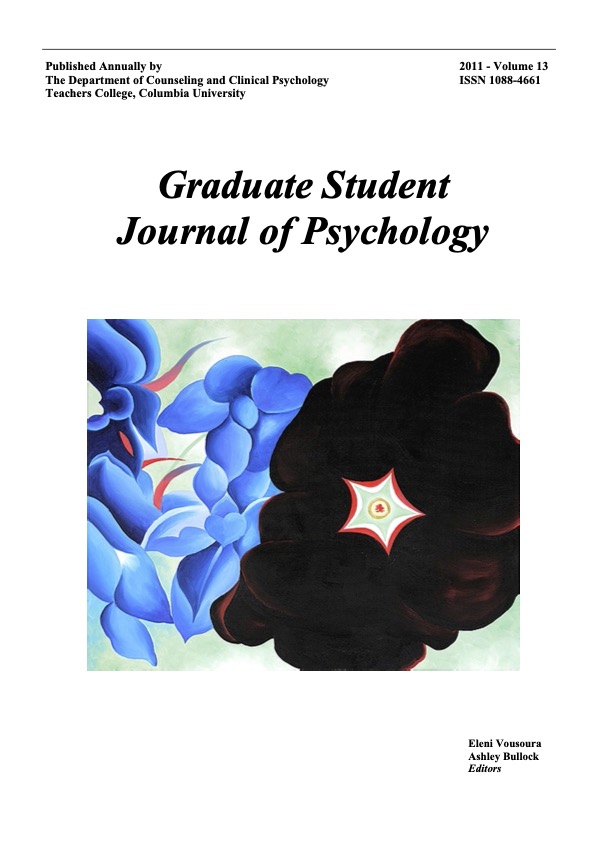Who Are We? Social Identity and Psychological Well-being
Main Article Content
Abstract
Social identification – the perception of the self as an exemplar of a social category – forms an essential part of an individual’s identity. Previous studies have found a relationship between various forms of social identity (e.g., ethnic, religious, national) and psychological well-being. The current research examines whether strength of social identification, regardless of specific identity and pattern of acquisition, correlates with life satisfaction, self-esteem, depression, anxiety, and stress. One hundred and two participants completed an internet survey including the MultiComponent Social Identity Scale and multiple measures of psychological well-being. Results indicated that the strength of social identification predicted life satisfaction and self-esteem, controlling for demographic and clinical (i.e., depression, anxiety, and stress) variables. Possessing a strong social identity of any type appears to be an important correlate of life satisfaction and selfesteem. Potential implications for clinical work are discussed.
Article Details
Section
Articles

This work is licensed under a Creative Commons Attribution-NonCommercial 4.0 International License.
How to Cite
Pirutinsky, S., & Mancuso, A. F. (2011). Who Are We? Social Identity and Psychological Well-being. Graduate Student Journal of Psychology, 13, 39–44. https://doi.org/10.52214/gsjp.v13i.10852

